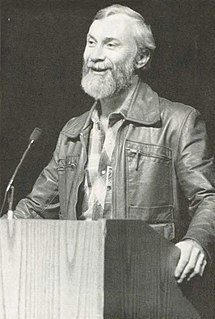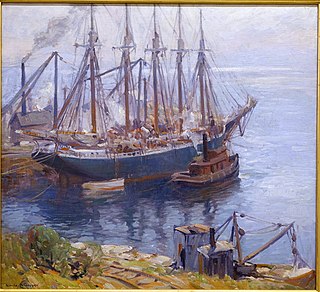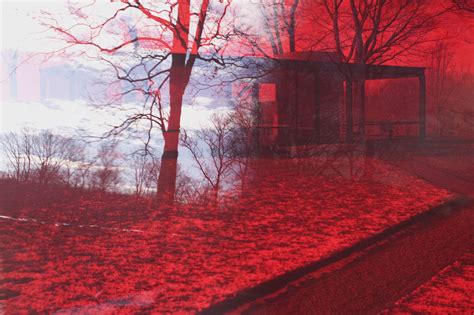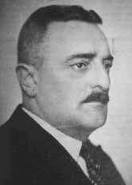A Quote by Bill Jay
A photograph is a picture and no more true or false than any other depiction; why is that so hard to comprehend?
Quote Topics
Related Quotes
You can also see sometimes that the best pictures are the ones where you didn't try so hard, where you were just enjoying the process - and you didn't even know why you were making the picture. It felt right. If someone asked, 'Why are you making this picture?' you probably couldn't describe it very well - and that's why it needs to be a photograph.
May we not have a picture of Christ, who has a true body? By no means; because, though he has a true body and a reasonable soul, John 1:14, yet his human nature subsists in his divine person, which no picture can represent, Psalm 45:2. Why ought all pictures of Christ to be abominated by Christians? Because they are downright lies, representing no more than the picture of a mere man: whereas, the true Christ is God-man
This Congress did more to uplift education, more to attack disease in this country and around the world, and more to conquer poverty than any other session in all American history, and what more worthy achievements could any person want to have? For it was the Congress that was more true than any other Congress to Thomas Jefferson's belief that: 'The care of human life and happiness is the first and only legitimate objective of good Government.'
We have hitherto considered only two possibilities: that the received opinion may be false, and some other opinion, consequently, true; or that, the received opinion being true, a conflict with the opposite error is essential to a clear apprehension and deep feeling of its truth. But there is a commoner case than either of these; when the conflicting doctrines, instead of being one true and the other false, share the truth between them.
The Photograph is an extended, loaded evidence — as if it caricatured not the figure of what it represents (quite the converse) but its very existence ... The Photograph then becomes a bizarre (i)medium(i), a new form of hallucination: false on the level of perception, true on the level of time: a temporal hallucination, so to speak, a modest (o)shared(i) hallucination (on the one hand 'it is not there,' on the other 'but it has indeed been'): a mad image, chafed by reality.
A photograph records both the thing in front of the camera and the conditions of its making... A photograph is also a document of the state of mind of the photographer. And if you were to extend the idea of the set-up photograph beyond just physically setting up the picture, I would argue that the photographer wills the picture into being.
My point taken further is that True and False (hence what we call "belief") play a poor, secondary role in human decisions; it is the payoff from the True and the False that dominates-and it is almost always asymmetric, with one consequence much bigger than the other, i.e., harboring positive and negative asymmetries (fragile or antifragile). Let me explain.




































